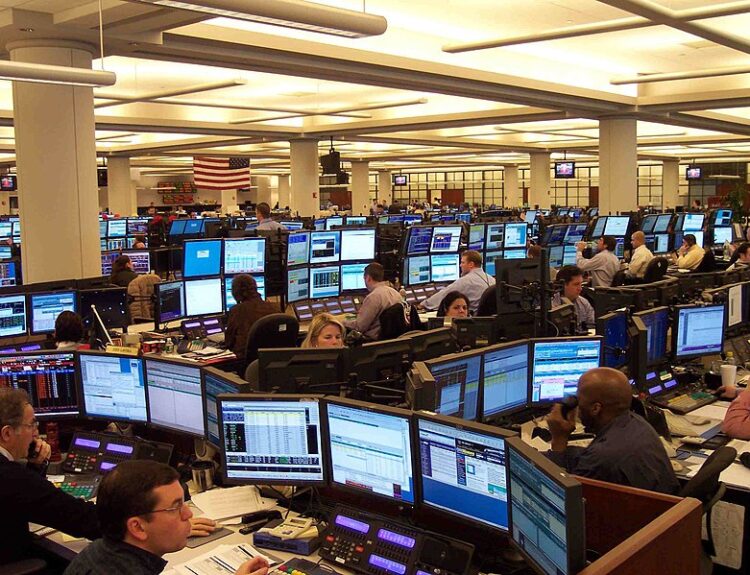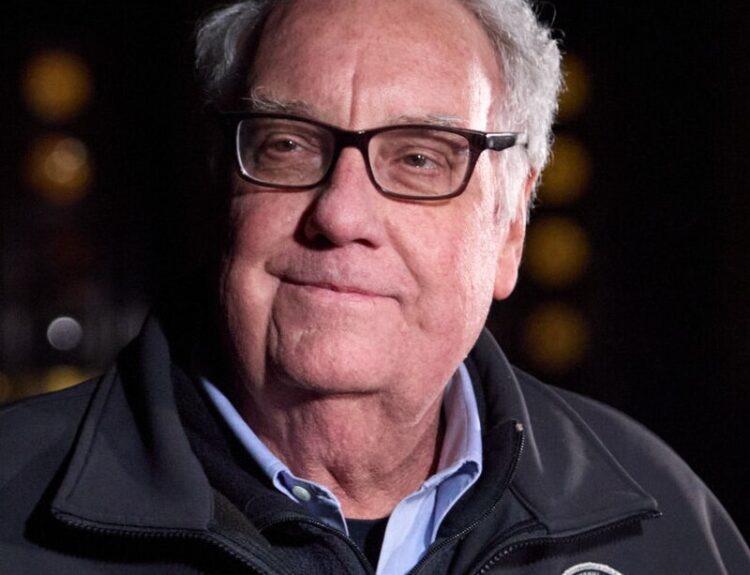Unlock the freedom of choice by understanding the trade-offs involved!
- You have the power to make any choice you want.
- Every choice comes with consequences that must be accepted.
- Freedom is about recognizing and weighing trade-offs.
- Many perceived limitations are self-imposed and can be overcome.
- Understanding the cost of choices can lead to greater personal freedom.
Life often presents us with choices that feel impossible to make due to various circumstances. Whether it’s ending an unhappy marriage, leaving a disappointing job, or simply taking time for a creative project, many of us feel trapped by obligations and expectations. However, the reality is that we are almost always free to make our own choices, as long as we are prepared to accept the consequences that come with them. nnSheldon B. Kopp, a renowned psychotherapist, emphasized that we have the freedom to do whatever we want, provided we are willing to face the repercussions. Every decision we make leads to consequences, and we must acknowledge that we can only choose one path at a time. For instance, choosing to spend a week in Rome means missing out on Paris, and avoiding conflict may allow a bad situation to worsen. nnThe key to understanding our freedom lies in recognizing that we are not truly obligated to do anything unless we are physically coerced. The notion of ‘having to’ do something often stems from our unwillingness to bear the costs of refusing. For example, you could quit your job without a backup plan or express your true feelings on social media. As economist Thomas Sowell pointed out, there are no solutions, only trade-offs. The real question is whether the price of a choice is worth paying. nnThis perspective can be liberating, especially for those who tend to worry excessively about potential consequences. If ignoring an email only irritates the sender or if your in-laws disapprove of your parenting style, the appropriate response might simply be, ‘So what?’ Laura Vanderkam, an author who studies work-life balance, often hears working mothers express that they can’t relax until their children’s toys are put away. However, the truth is that you can indeed relax even if the toys are scattered. nnOf course, the consequences of choices can vary significantly for different individuals. Some may face severe repercussions for ignoring responsibilities, while others may not. Nevertheless, the essence of choice remains the same: it involves weighing the trade-offs. If a decision could lead to dire consequences, it may be wise to reconsider. Yet, many of us tend to exaggerate potential outcomes to avoid making bold choices. nnPhilosopher Jean-Paul Sartre noted that feeling trapped can be comforting, as it spares us from the daunting responsibilities that come with freedom. Once we start viewing life through the lens of trade-offs and consequences, it becomes easier to decline invitations or obligations we previously felt compelled to accept. nnUltimately, every choice we make should be approached with an understanding of its consequences. This mindset fosters a sense of freedom—not from limitations, which are inevitable, but within those limitations. It allows us to evaluate trade-offs and choose the path that aligns with our values and desires.·
Factuality Level: 9
Factuality Justification: The article presents a thought-provoking perspective on the concept of choice and consequences in life decisions. It provides relevant examples and quotes from various sources to support its argument. While it may not be universally applicable to every situation, it offers valuable insights into how individuals can approach decision-making with a more informed mindset.
Noise Level: 7
Noise Justification: The article provides a thoughtful analysis of the concept of choice and consequences, encouraging readers to recognize their freedom in decision-making. It discusses trade-offs and the psychological aspects of feeling trapped, which adds depth. However, it lacks scientific rigor and does not hold powerful people accountable, which prevents it from achieving a higher score.·
Key People: Sheldon B. Kopp (American psychotherapist), Thomas Sowell (Economist), Laura Vanderkam (Author and speaker), Jean-Paul Sartre (Philosopher), Peter Cook (Comedian), Oliver Burkeman (Author)
Financial Relevance: No
Financial Markets Impacted: No
Financial Rating Justification: The article primarily discusses the concept of choice, consequences, and trade-offs in personal life decisions. It does not pertain to financial topics or impact financial markets or companies.
Presence Of Extreme Event: No
Nature Of Extreme Event: No
Impact Rating Of The Extreme Event: No
Extreme Rating Justification: The article discusses personal choices and the nature of freedom in decision-making, but it does not mention any extreme events or crises.·
Move Size: No market move size mentioned.
Sector: All
Direction: Neutral
Magnitude: No
Affected Instruments: No
 www.wsj.com
www.wsj.com 





